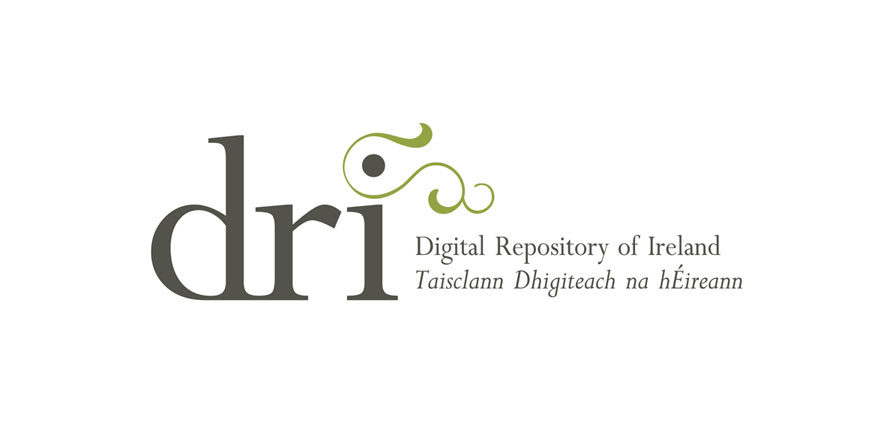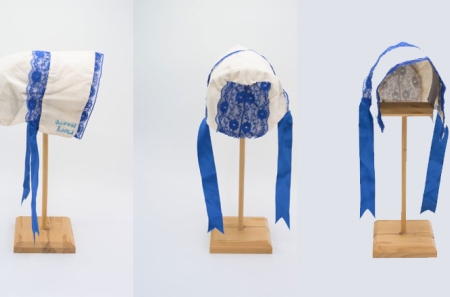
Deadline extended for DRI Early Career Research Award 2020
13 July 2020The Digital Repository of Ireland Early Career Research Award, for research informed in whole, or in part, by objects/collections deposited in DRI is extended until 31 August 2020.
The Digital Repository of Ireland invites early career researchers to apply for our annual Research Award. This Award grants a prize to an original piece of research (e.g. research done for Master’s or PhD thesis, article or publication) informed in whole, or in part, by objects/collections deposited in DRI. Unpublished research will also be considered, as long as the work is intended for eventual publication.
Submissions will be assessed by a panel that includes representatives from the DRI as well as an external assessor. The winner will be granted a bursary award of €500.
This Award is open to early career researchers, including (but not limited to):
- Senior undergraduates
- Master’s students
- Those recently awarded a master’s degree
- PhD students or post-doctoral level researchers who do not hold an established academic post
Last year’s competition was won by field archaeologist Jennifer McCarthy, whose prize-winning blog post can be read here
More details, and information on how to apply, can be found on the DRI website
Application details
Applicants should submit the following to dri@ria.ie
1) A short (1000 - 2000 word) essay or article. Though the topic, focus, and field is unrestricted, the research presented must have used (in whole or part) objects or collections from the Digital Repository of Ireland.
Materials must be cited using Digital Object Identifiers (DOIs) from DRI throughout. These can be found in the metadata for each object in DRI, viewed by clicking ‘Cite’ under ‘Object Tools’.
2) Accompanying the above, a 1-2 page summary that details your research process using DRI materials, covering the following areas:
- How was DRI content used in your research?
- Why was it relevant to the research?
- How has digital preservation and access to materials facilitated/advanced your research process?
Applications from social science students - assembling data sets are also welcome. These datasets should fit within the remit of DRI, and created as part of your research. All or part of the data set, together with some contextual data, should be submitted. This contextual data could include any metadata templates (with examples of metadata used), consent forms, ethics documents, and/or interview questions. The submission should also include a summarising text of between 800 and 1500 words that explains the research questions behind your dataset, and why you think that dataset should be preserved and made available through the DRI. One criterion for judging data set submissions will be the completeness or comprehensiveness of the archival package. If you have any questions regarding these requirements, please email the DRI team at dri@ria.ie.
Please attach submissions to the email in the relevant document formats (.docx for written submissions, .csv or a similar format for data sets in the case of social science applications).
The winning submission (article or dataset) will be published on the DRI website, along with quotes from the judges, and preserved in the DRI’s repository under a CC-BY licence. The winner will also be asked to work with the DRI team to adapt their research statement into a short post on the DRI Blog.
Application deadline: 31st August 2020
Winner announcement: September 2020
Applicants from previous rounds are welcome to re-apply.



